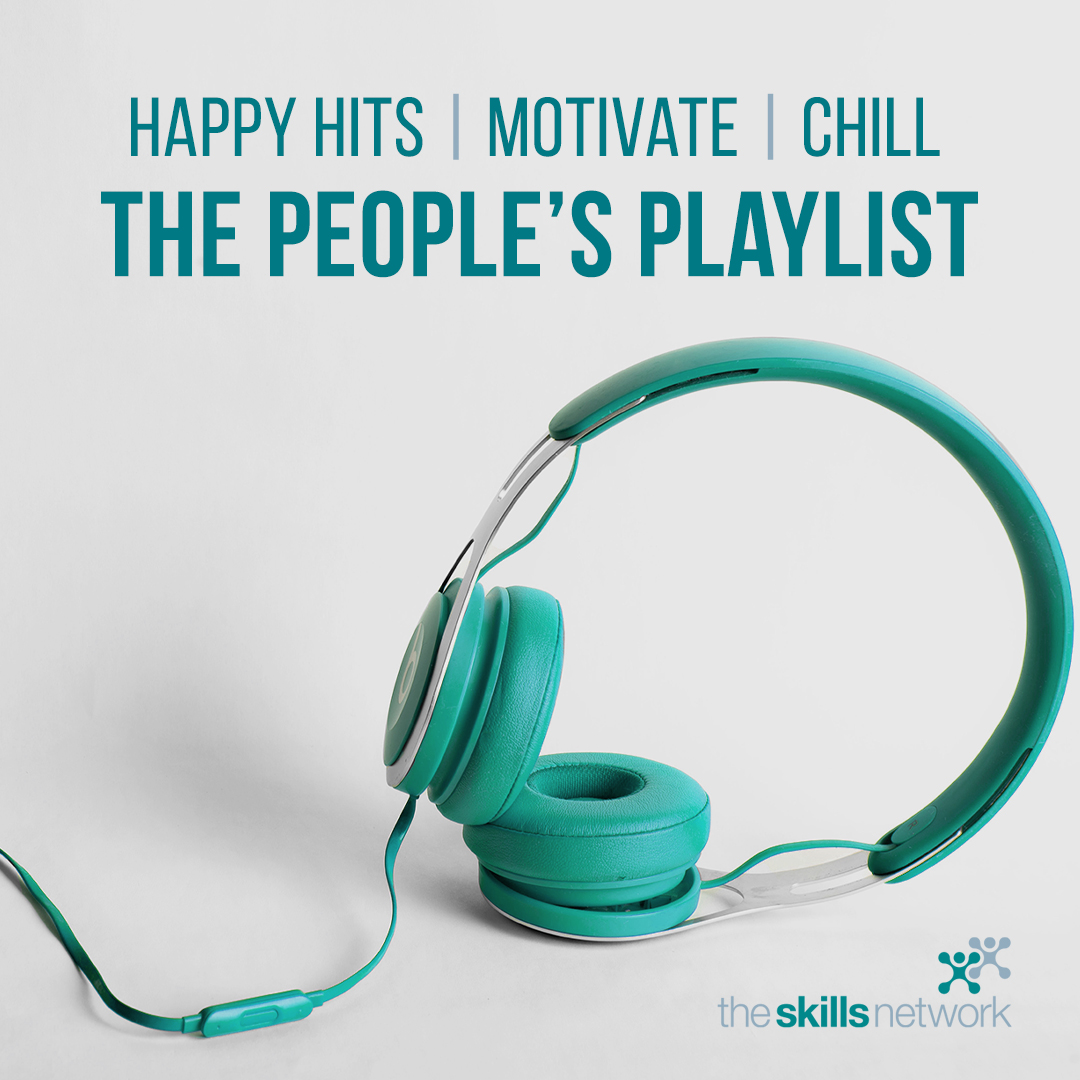Happy World Music Day - Launching The People's Playlist!
Details: Written by Eleanor Lodge
|
Published:

Happy World Music Day from TSN!
From improving the immune system to increasing cognitive function in children, here at TSN we know that music is big. Research from across the globe is shedding light on the effect of music on the brain and how we can harness the power of music to supercharge our learning.
Listening to music can reduce pre-exam anxiety:
Studies exploring the effects of music on stress have found that listening to your favourite songs can lower blood pressure, the heart rate and anxiety levels. There is evidence to suggest that music lowers the production of the stress hormones adrenaline and cortisol, allowing for its relaxing properties. So, next time that big exam is coming up, pop on some music, sit back and watch as the notes take that study stress away!
Music can make you study better:
Research on the physiological effects of music has shown how the heart and brain react in sync to the rhythm of music. The process known as rhythmic entrainment happens when the heartbeat and brain waves of groups of people synchronise with the rhythm of a song. This process has been shown to increase productivity of an individual. For example, by listening to fast music when exercising, people can exercise for longer, while slow music can help with relaxation. Rhythmic entrainment has also been shown to increase worker efficiency, so, next time your studying hits a brick wall, pop on some high tempo tunes to give your study session a super-boost!
Music can improve your learning and memory:
When the studying gets tough, we need all the brain power we can muster… Music can help! A Stanford study has shown that music can activate both the left and right sides of the brain at the same time. This has been shown to improve both learning ability and memory. In older people some studies have shown that listening to music can improve a range of cognitive abilities, including fluency, the working memory and recognition memory.
So, in celebration of World Music Day, we asked our learners what songs helped them the most while studying with TSN so we could harness the power of music to help our learners. From our research, we created three collaborative study playlists, designed by our learners for our learners!
Launching The People's Playlist, available to listen here.
Our people's playlists provide three moods to music, each with a different tempo. The Motivation playlist is for our learners who need that high tempo motivational kick, our Chill playlist can help with relaxation after a big study session and our Happy Hits is there for that pick me up, after a long day of learning!
So, how does music affect your study sessions? Check out the People’s Playlists, crank up the volume and let us know your thoughts on Instagram, Facebook, or Twitter.
To find out more about the effects of music on the brain watch this.
To find out more about World Music Day read this.